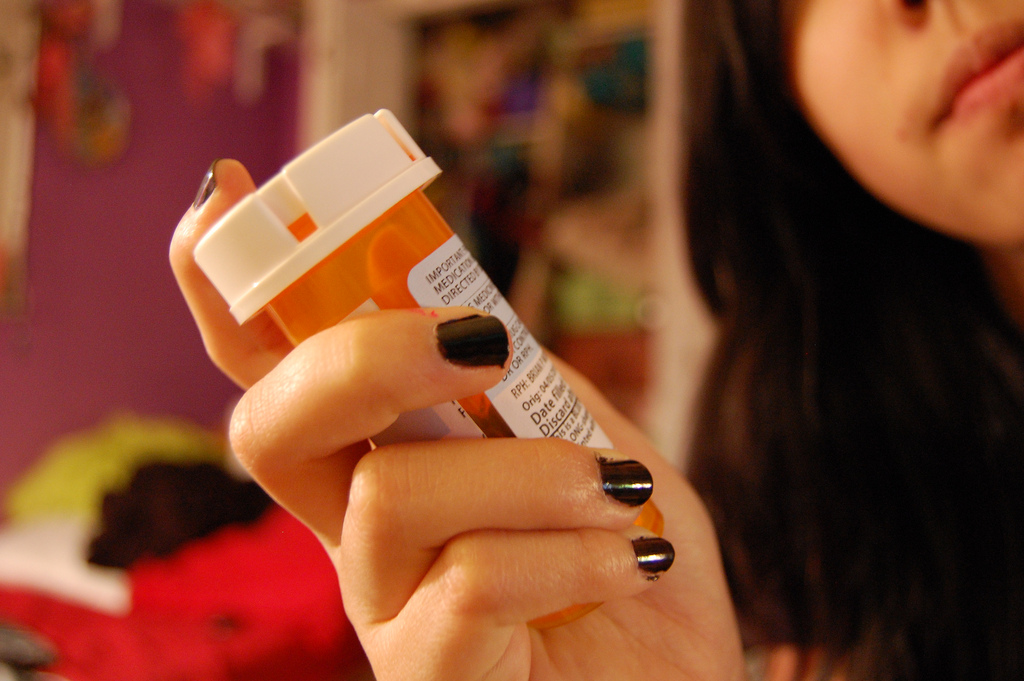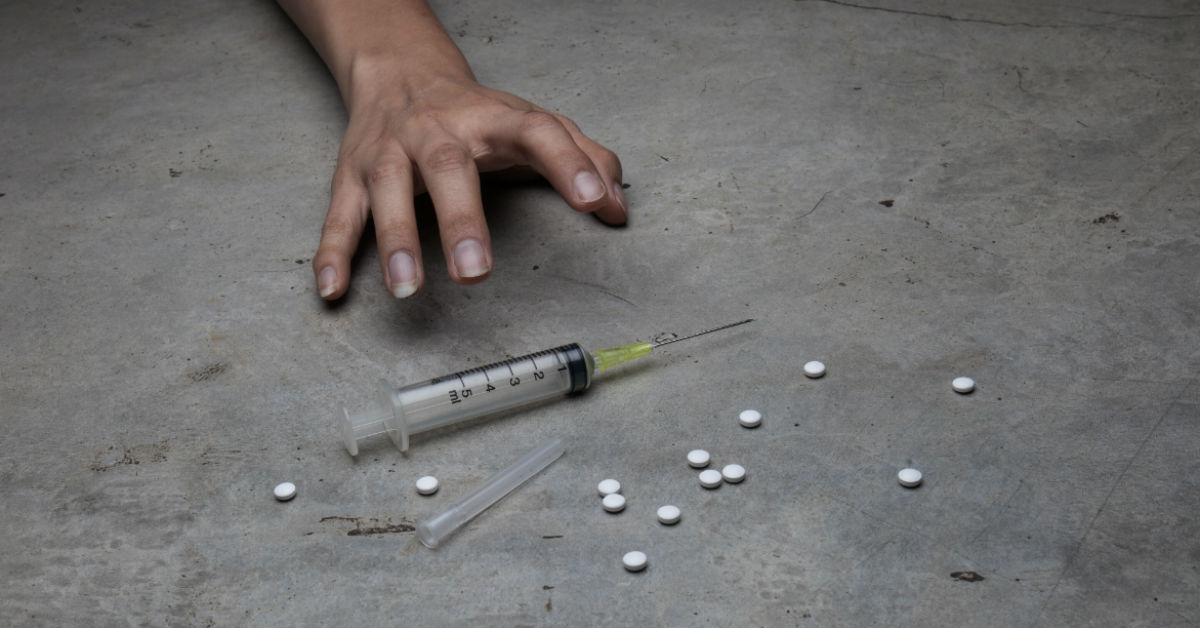Attention deficit hyperactivity disorder, or ADHD, is a developmental disorder that affects how children and teens process information, interact with others and meet everyday challenges. While scientists don’t know exactly what causes ADHD, there has been a tremendous increase in understanding how to treat the condition. Unfortunately, many myths and stereotypes exist about children and teens with ADHD that continue to create misunderstandings at school, at home and in society.
Here are 6 myths about ADHD that scientists have completely dispelled:
Myth #1. ADHD isn’t a real thing.
Many uninformed people assume that ADHD is just another attempt by the medical and pharmaceutical companies to capitalize on “made up” conditions that people think didn’t exist until recently. However, ADHD is a legitimate psychological and physical condition and is recognized by the medical community as an imbalance of neurotransmitters in the brain.
Myth #2. Children with ADHD come from bad homes, bad parents or both.
Because the manifestations of ADHD are similar to some bad behavior (like interrupting, wandering, hyperactivity or tantrums), many people mistakenly assume that the child’s ADHD is a result of poor parenting or other elements of the child’s environment, like low social class. Science has proven that ADHD is a biological condition, not a parenting issue, and the condition affects children across the social, economic and racial spectrum.
Myth #3. Girls don’t have ADHD.
While the majority of diagnosed cases of ADHD are indeed in boys, girls can have ADHD too. A child’s sex makes no difference in the severity or treatment of the condition and the symptoms are the same in both boys and girls. Often, because boys tend to be more active than girls, boys are more likely to be diagnosed early in life.
Myth #4. Children outgrow ADHD by the time they are teens.
While some children do seem to outgrow ADHD, the majority of children will continue to exhibit the condition into adolescence and even into adulthood. Because teens and adults with ADHD tend to succumb more easily to anxiety, depression and substance abuse, it’s important that their support groups are aware and can intervene and help out when necessary.
Myth #5. Teens with ADHD are more likely to get into trouble.
Actually, teens who are receiving the proper medications and therapy can do very well in school and with peers. Teens with ADHD who are not being treated, who are undiagnosed or who refuse treatment are more likely to enter into substance abuse and destructive behavior. Proper treatment does ease the symptoms of ADHD and allows teens to succeed in life.
Myth #6. People with ADHD are lower in intelligence than others.
Many people equate special education plans, medication and therapy with people who aren’t able to “cut it” in real life and therefore equate a lack of intelligence with ADHD. However, recent studies show that most people with ADHD have above average intelligence and there are many highly successful people with ADHD today, and many suspected historical figures as well.
Parents, teachers, doctors and other advocates for those with ADHD are working hard to get others to know the facts about ADHD to make each person’s integration into the classroom, the workplace and to family life easier and smoother. With compassion and understanding, those around the child with ADHD can help them find success and self-esteem.










0 Comments